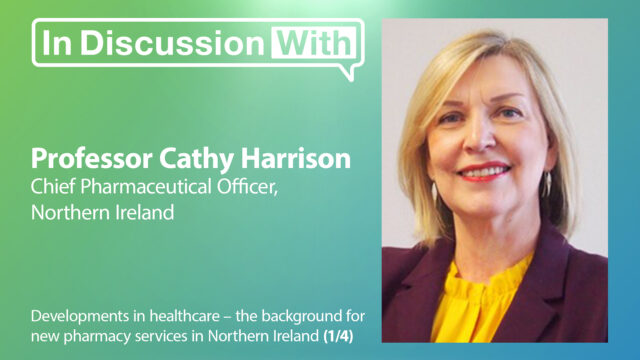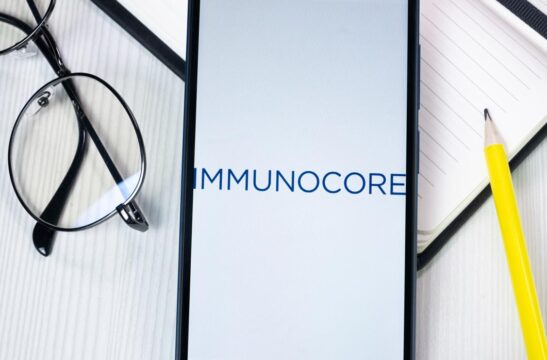Advertisment
No link between glioma cancer risk and hormone therapy

Researchers report that there is no link between hormone therapy (HT) and the risk of developing brain tumors known as gliomas.
The findings were published on January 15, 2025 in Menopause, the journal of The Menopause Society.
“This study found that, although there is a known sex difference in the incidence of gliomas, with women being six times more likely to develop the disease compared with men, there does not appear to be an association between glioma and hormone therapy use in postmenopausal women. However, larger prospective studies with longer duration of follow-up are needed to confirm these results,” said Stephanie Faubion, MD, medical director for The Menopause Society.
The investigators said that findings from previous related and smaller studies have been inconclusive about the relationship between HT and glioma risk.
As background, the authors noted that gliomas are the most common primary brain tumors in adults. “The role of hormone therapy (HT) in their development remains controversial,” they added.
This study used data from the Prostate, Lung, Colorectal and Ovarian Cancer Screening Trial. The investigators analyzed data from 75,335 women, aged 50-78, enrolled between 1993 and 2001. Median follow-up was 11.82 years.
Over the follow-up period, 101 participants were diagnosed with glioma. After adjusting for relevant variables, they found no significant association between HT use and glioma risk.
Likewise, there were no significant associations between glioma risk and either HT status or duration of use.
“In this large cohort of 75,335 women, 101 cases of glioma were identified over a median follow-up period of approximately 11.82 years. Compared with nonusers, users of HT were not significantly associated with glioma risk. When accounting for HT status and duration of use, similar findings with no significant associations were identified.





